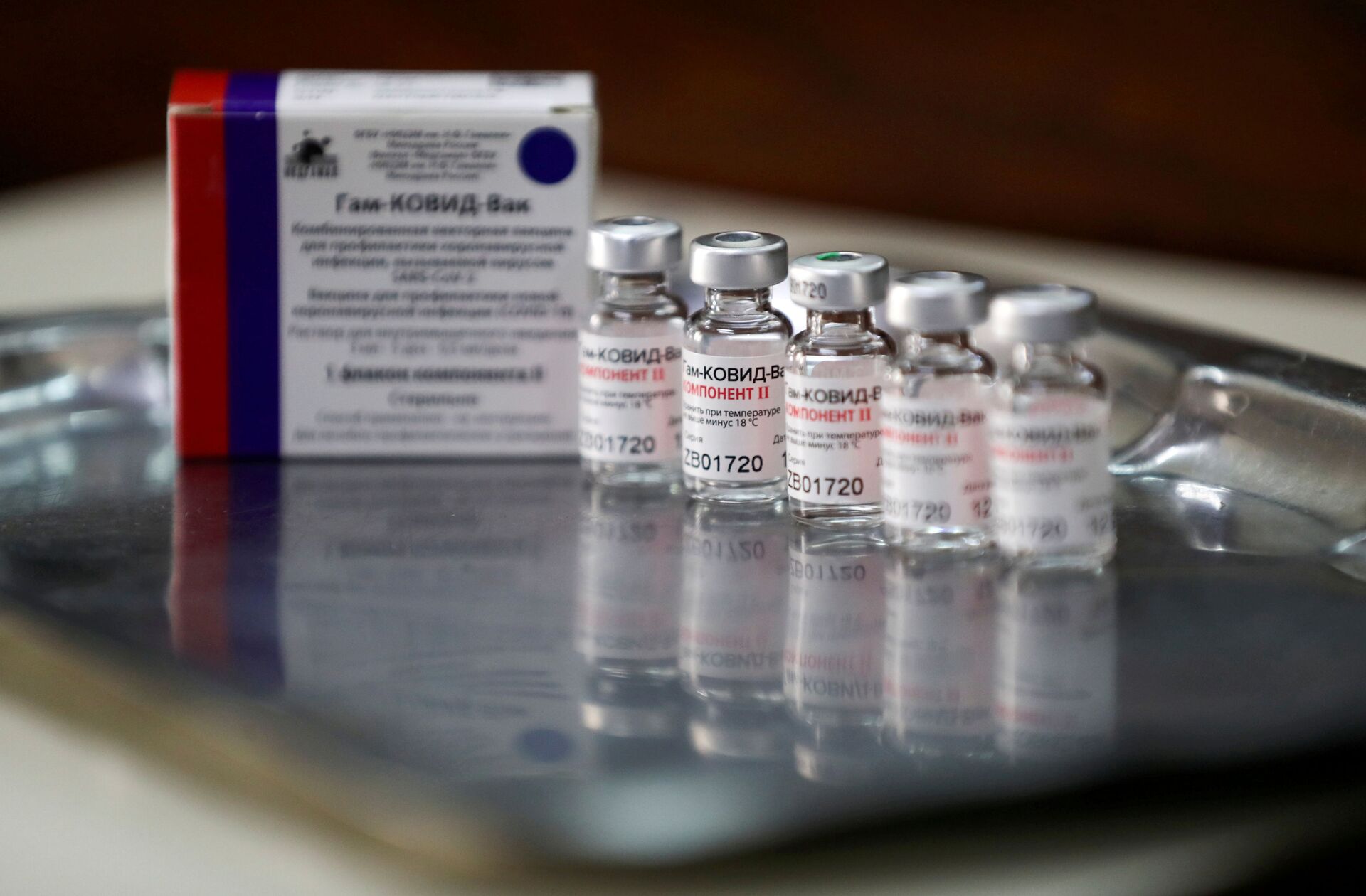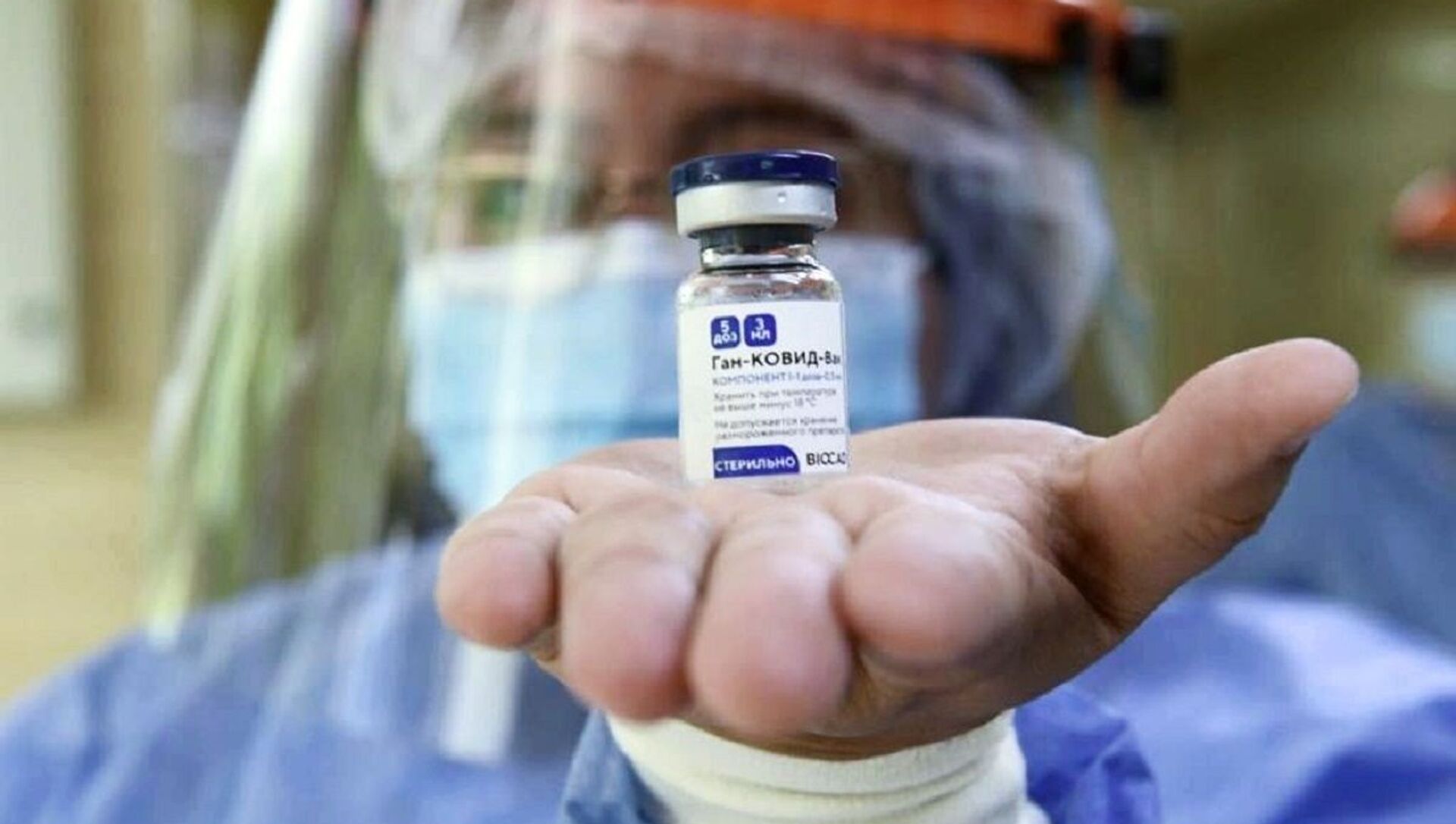Greece plans to open borders for Russian tourists on 14 May, the minister confirmed.
"To enter Greece from Russia, one must either be vaccinated, have a negative test for coronavirus, or have antibodies after recovering from coronavirus. This means it is not necessary to be vaccinated. The point is, those vaccinated do not need to be examined and to bring a negative test ... We really want our brothers from Russia to be able to come to our country. We will recognise Sputnik V even before European recognition. We are determined to fully open borders on 14 May", Theocharis said.
Greece was glad to learn that Sputnik V producers had submitted a request for vaccine authorisation in the European Union, the minister continued.
"Regardless of whether it will be used as an authorised vaccine [in the EU], we have made a decision that for us the Sputnik V vaccine is equal to European vaccines when used by travellers. [Vaccinated] tourists can enter our country without the need to get tested every time they travel", Theocharis explained.

Russians will have to provide a translation of their vaccination certificate, at least an English one, the minister added.
Theocharis also stressed that tourists would have to comply with all the sanitary protocols that are in force in Greece: "All the rules for Greek citizens are also valid for foreign tourists in our country".
Last year, both tourists, experts and those who worked in public places fully complied with sanitary regulations, and therefore tourism had no negative impact on the coronavirus incidence, the Greek minister recalled.
"If we follow the same rules, with three instruments in our hands — better knowledge ... of the disease; vaccines; and rapid tests — we will succeed and have a better summer this year", Theocharis concluded.
Developed by the Gamaleya Research Institute and promoted by the Russian Direct Investment Fund, Sputnik V became the first registered anti-coronavirus drug in the world in August 2020. According to the results of phase III clinical trials, published in The Lancet, the vaccine has a 91.6% efficacy rate against COVID-19.


